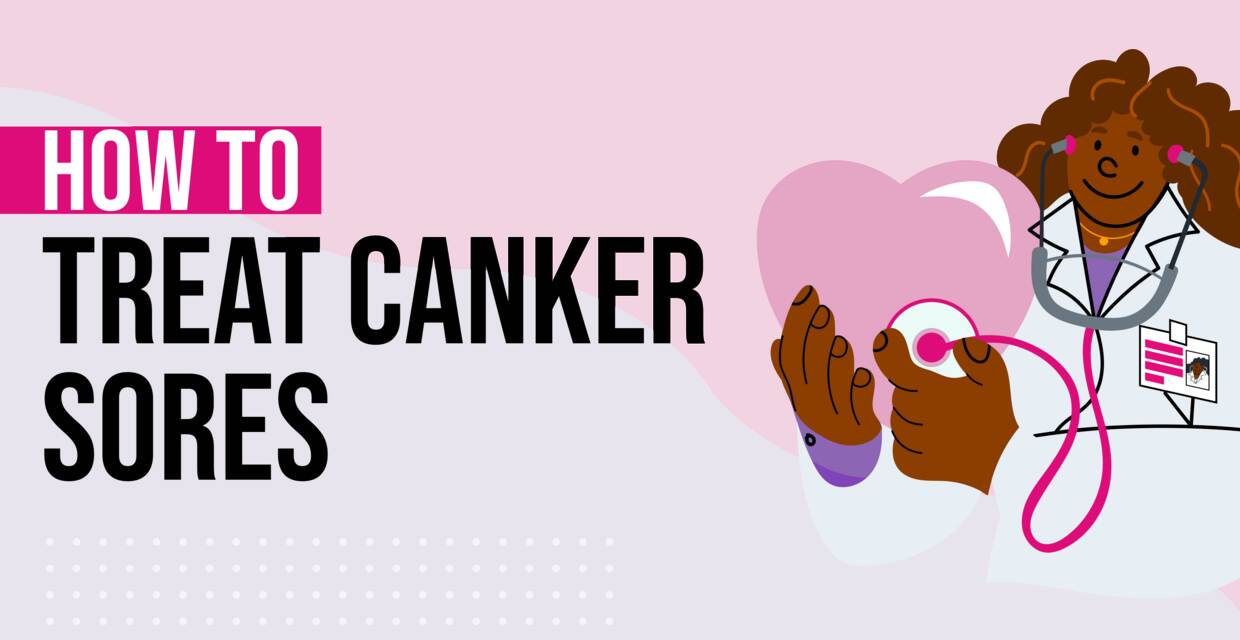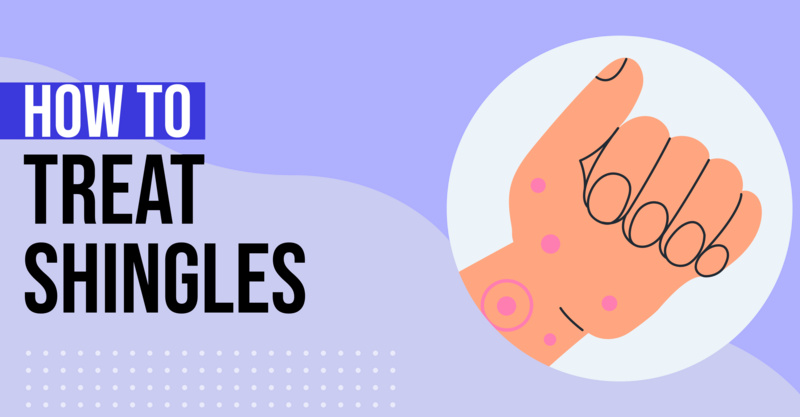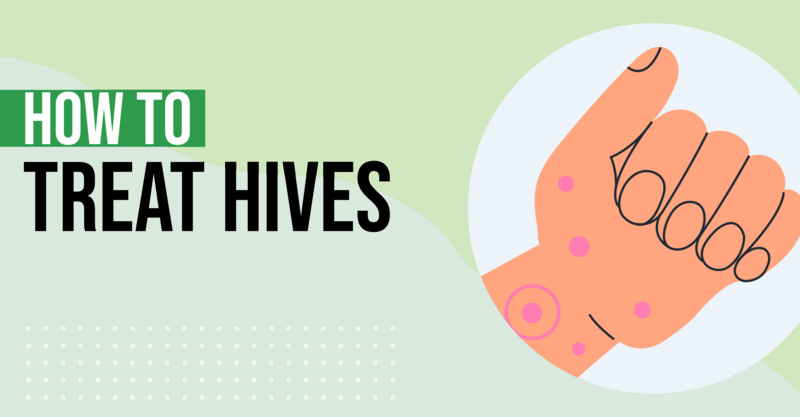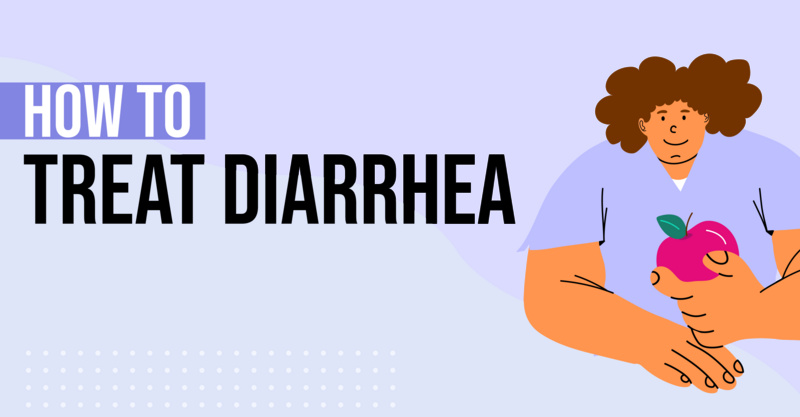Key Points
- Canker sores are non-contagious ulcers that appear in the mouth and usually heal on their own within a week or two, although they can cause discomfort and interfere with eating and drinking.
- Home remedies to alleviate discomfort and speed up healing include rinses, over-the-counter treatments, natural remedies like honey, coconut oil, and chamomile compresses, and supplements like vitamin B12 and zinc lozenges.
- Canker sores are often mistaken for cold sores, which are contagious and caused by a different virus, and the exact cause of canker sores is not known, but triggers can include stress, certain foods, and various medical conditions.
- If canker sores are unusually large, recurrent, don't heal after two weeks, cause extreme difficulty eating or drinking, or are accompanied by a high fever, it's important to seek medical attention.
- Preventing canker sores can be achieved by avoiding irritating foods, maintaining good oral hygiene, protecting the mouth, and reducing stress.
Canker sores are small, shallow ulcers that appear on the soft tissues inside your mouth (including your tongue, cheeks, gums, and inner lips). Canker sores are not contagious and usually heal on their own within a week or two, according to the Mayo Clinic. However, they can be quite painful and even make it difficult for you to talk, drink, and eat in some cases. Thankfully there are some simple home remedies you can try to speed up the healing process and alleviate your discomfort.
Canker Sore Vs. Cold Sore
Canker sores are sometimes confused with cold sores—but they are two different conditions, according to the Mayo Clinic. They note that cold sores are caused by the herpes simplex virus and are contagious. They typically appear on or around the lips and are characterized by small, fluid-filled blisters that burst and crust over. Canker sores, on the other hand, are not caused by a virus and are not contagious.
Common Causes Of Canker Sores
The exact cause of canker sores is not known—but certain factors can trigger their development, according to the Mayo Clinic. These include:
- Injury to the mouth, such as biting your cheek or tongue
- Stress or anxiety
- Hormonal changes
- Certain foods, such as citrus fruits, spicy or salty foods, and chocolate
- Nutritional deficiencies, such as a lack of vitamin B12, zinc, or iron
- Certain medical conditions, such as celiac disease or inflammatory bowel disease
If you frequently develop canker sores, it may be helpful to keep a journal of your symptoms and potential triggers. This could help you identify patterns and avoid future outbreaks, according to the Mayo Clinic.
Home Remedies For Canker Sores
Canker sores are painful and annoying, but many home remedies can help ease the discomfort and speed up the healing process according to Healthline. Here are some of the remedies they recommend for treating canker sores at home:
1. Rinses & Mouthwashes
Rinsing your mouth with either salt water or a baking soda solution can help soothe the pain and reduce inflammation, according to Healthline. Antimicrobial mouthwashes like Listerine can also help prevent infection and promote healing, according to Healthline.
2. Canker Sore Treatments
There are a few over-the-counter treatments for canker sores, according to Healthline. These include gels or creams that can numb the canker sore area, reduce inflammation, and may help with healing. You can find these medications at most retail pharmacies.
3. Alum Powder
Alum powder may help shrink tissues and dry out canker sores, according to Healthline. They recommend that you create an alum paste by mixing a tiny amount of alum powder with a drop of water, then dabbing it onto the canker sore. Leave the paste for around 1 minute and then rinse your mouth thoroughly with water.
4. Yogurt
Eating yogurt may help canker sores by promoting beneficial bacteria in the digestive system, according to Healthline. They recommend eating 1 cup of yogurt every day.
5. Honey
Applying honey directly to a canker sore can help soothe the pain and promote healing, according to Healthline. They note that manuka honey is particularly effective due to its antibacterial properties. Healthline notes that you can apply manuka honey up to 4 times a day.
6. Oil Pulling With Coconut Oil
Oil pulling with coconut oil can help reduce inflammation and promote healing, according to Healthline. To do an oil pull, Healthline recommends swishing a tablespoon of coconut oil in your mouth for 10-20 minutes, then spit it out.
7. Milk Of Magnesia
Applying milk of magnesia to the sore can help neutralize acids in the mouth and promote healing, according to Healthline. They note that milk of magnesia may change the pH in your mouth so that the sore cannot thrive. You should apply the milk of magnesia to the canker sore and let it sit for several seconds before rinsing, according to Healthline. This can be repeated up to three times a day they note.
8. Chamomile Compress
A chamomile tea bag can serve as a compress to soothe canker sores, according to Healthline. You can apply the chamomile tea bag directly to the sore can help soothe the pain and reduce inflammation. Healthline notes that you should make sure the tea bag isn’t too hot before using it, and you can do this 3 to 4 times a day.
9. Echinacea
Echinacea may have wound-healing and immune-boosting properties, according to Healthline. They recommend trying an echinacea solution for canker sores. You can do this by mixing about 1 teaspoon of liquid echinacea to equal parts warm water and swishing the solution around your mouth for 2 minutes. Healthline notes that you can either spit or swallow the solution.
10. Sage
Sage can help reduce inflammation and promote healing, according to Healthline. They note that you can find sage mouthwash in many pharmacies, or you can make your own by boiling 1 to 2 teaspoons of fresh sage leaves, leaving them to steep for around 5 minutes, and then allowing them to cool. Swish the sage rinse in your mouth for a couple of minutes and then either swallow or spit.
11. Apple Cider Vinegar
Applying apple cider vinegar is known for its healing effects on many things, because of its possible antibacterial and anti-inflammatory properties, according to Healthline. When it comes to canker sores, they recommend that you combine 1 teaspoon of apple cider vinegar with 1 cup of water and then swish this mixture around your mouth for 1 minute—repeating daily.
12. Zinc Lozenges
Taking zinc lozenges can help boost the immune system, which can help your canker sore heal quicker or prevent you from getting them in the first place, according to Healthline. You can find zinc lozenges at most retail pharmacies.
13. Vitamin B12 Supplement
Healthline notes that a 2009 study showed participants who were taking 1,000 micrograms of vitamin B12 had fewer canker sore outbreaks than those who took a placebo. Although more research is needed, it may be possible that vitamin B12 has some effect on healing and preventing canker sores.
14. Watermelon Frost
Traditional Chinese medicine suggests watermelon frost may help canker sores, according to Healthline. You can find watermelon frost as a powder, tablet, or spray at Asain herb stores or online, according to Healthline. They recommend applying the watermelon frost directly to the sore.
When to See a Doctor for Canker Sores
Although most canker sores will heal on their own within a week or two, according to the Mayo Clinic, they note that you should consult your doctor if you experience the following symptoms:
- Unusually large canker sores (larger than 1 centimeter according to Healthline), or multiple sores
- Recurring or frequent canker sores
- New canker sores develop before old ones heal
- Canker sores that don’t heal after 2 weeks
- Canker sores that extend into the lips themselves
- Pain that you can't control with self-care measures
- Extreme difficulty eating or drinking
- High fever along with canker sores
How To Prevent Canker Sores
Canker sores can be painful and irritating, but there are steps you can take to reduce your risk of developing them, according to the Mayo Clinic:
- Avoid irritating foods. These may include nuts, chips, pretzels, certain spices, salty foods, and acidic fruits, such as pineapple, grapefruit, and oranges.
- Follow good oral hygiene habits. Regular brushing and flossing once a day can keep your mouth clean and free of foods that might trigger a canker sore. Be sure to use a soft brush to help prevent irritation to the delicate tissues of your mouth.
- Protect your mouth. If you have braces or other dental appliances, ask your dentist about orthodontic waxes to cover sharp edges.
- Reduce your stress. Canker sores can sometimes be related to stress—if you find this is your case, the Mayo Clinic recommends that you learn and use stress-reduction techniques (such as meditation).
Things to Remember About Canker Sores
Canker sores are painful mouth ulcers that can usually be treated at home and will usually resolve within a week or two. Several home remedies can help reduce pain and promote healing in the meantime. These include:
- Saltwater rinses
- Over-the-counter canker sore treatments
- Alum powder paste
- Eating yogurt
- Honey
- Oil pulling
- Milk of magnesia
- Echinacea rinse
- Apple cider vinegar rinse
- Zinc lozenges
- Vitamin B12
- Watermelon frost
Prevention of canker sores includes: good oral hygiene, avoiding foods that can irritate the mouth, and reducing stress.
Frequently asked questions
Are canker sores contagious?
No, canker sores are not contagious.What can I do to speed up the healing process of a canker sore?
Home remedies such as rinses, over-the-counter treatments, and natural remedies like honey, coconut oil, and chamomile compresses can help speed up the healing process. Supplements like vitamin B12 and zinc lozenges can also be beneficial.What's the difference between a canker sore and a cold sore?
Cold sores are contagious and caused by the herpes simplex virus, while canker sores are not contagious and the exact cause is unknown.When should I seek medical attention for a canker sore?
You should seek medical attention if your canker sores are unusually large, recurrent, don't heal after two weeks, cause extreme difficulty eating or drinking, or are accompanied by a high fever.How can I prevent getting canker sores?
Prevention methods include avoiding irritating foods, maintaining good oral hygiene, protecting the mouth, and reducing stress.Can certain foods trigger canker sores?
Yes, certain foods can trigger canker sores, although the specific foods may vary from person to person.Can stress cause canker sores?
Yes, stress can be a trigger for canker sores.Are there any over-the-counter treatments for canker sores?
Yes, there are over-the-counter treatments available that can help alleviate discomfort and speed up the healing process.
Solv has strict sourcing guidelines and relies on peer-reviewed studies, academic research institutions, and medical associations. We avoid using tertiary references.


 LinkedIn
LinkedIn










